Explore Our Operating Systems
AlmaLinux 8
AlmaLinux 8 is an open-source, community-driven Linux distribution that aims to provide a stable and enterprise-ready operating system. It was developed as a direct replacement for CentOS 8, after CentOS shifted its focus to CentOS Stream. AlmaLinux offers a robust, secure, and free Linux environment that is binary-compatible with Red Hat Enterprise Linux (RHEL) 8. It is designed for users who require a reliable platform for servers, virtual machines, and containerized applications, making it suitable for enterprises, developers, and educational institutions. AlmaLinux also benefits from regular updates and a dedicated community that supports long-term stability and security.
AlmaLinux 9
AlmaLinux 9 is a free, open-source, and community-driven Linux distribution developed by the AlmaLinux OS Foundation. Serving as a robust and enterprise-ready alternative to CentOS 9, AlmaLinux 9 continues the legacy of compatibility with Red Hat Enterprise Linux (RHEL) by being built from its source code. This release introduces enhanced security features, improved performance, and modernized system components, making it suitable for a wide range of applications from server deployments to desktop use. AlmaLinux 9 is designed to offer long-term support and stability, ensuring a reliable platform for businesses and developers alike.

Alpine Linux 3.16
Alpine Linux 3.16 is a lightweight Linux distribution known for its security and simplicity. Alpine Linux 3.16 includes the musl libc and BusyBox utilities, reducing its footprint and improving efficiency. This distribution uses OpenRC as its init system, providing flexibility and ease of use. Alpine Linux 3.16 is well-suited for containerized environments due to its small size and minimalistic approach. It offers a package management system that allows users to install additional software easily. Alpine Linux 3.16 emphasizes security by providing regular updates and a minimal attack surface. Overall, Alpine Linux 3.16 is favored in scenarios where resource efficiency and security are paramount.

Alpine Linux 3.17
Alpine Linux 3.17 is a lightweight Linux distribution renowned for its security and efficiency. It supports multiple architectures including x86, x86_64, ARM, and more. Alpine Linux 3.17 utilizes musl libc and BusyBox, optimizing its footprint and performance. This distribution employs OpenRC as its init system, offering flexibility and ease of configuration. Alpine Linux 3.17 is particularly suitable for containerized environments due to its small size and minimalistic design. It features a package management system that simplifies software installation and management tasks. Alpine Linux 3.17 prioritizes security with timely updates and a minimal attack surface. Overall, Alpine Linux 3.17 remains a top choice for environments requiring robust security and efficient resource utilization.

Alpine Linux 3.18
Alpine Linux 3.18 is a lightweight Linux distribution known for its security and efficiency. It supports various architectures including x86, x86_64, ARM, and more. Alpine Linux 3.18 uses musl libc and BusyBox, optimizing its footprint and performance. This distribution features OpenRC as its init system, providing flexibility and ease of configuration. Alpine Linux 3.18 is well-suited for containerized environments due to its small size and minimalistic approach. It includes a package management system that simplifies software installation and updates. Alpine Linux 3.18 emphasizes security with regular updates and a minimal attack surface. Overall, Alpine Linux 3.18 continues to be a popular choice for environments requiring reliability, security, and resource efficiency.

Alpine Linux 3.19
Alpine Linux 3.19 is a lightweight and security-focused Linux distribution. It supports various architectures including x86, x86_64, ARM, and more. Alpine Linux 3.19 continues to use musl libc and BusyBox, optimizing for efficiency and minimalism. This distribution maintains OpenRC as its init system, offering flexibility and ease of use. Alpine Linux 3.19 remains highly suitable for containerized environments due to its small footprint. It features a robust package management system for easy software installation and updates. Alpine Linux 3.19 prioritizes security with regular updates and a minimal attack surface. Overall, Alpine Linux 3.19 is a reliable choice for environments requiring stability, security, and efficient resource management.
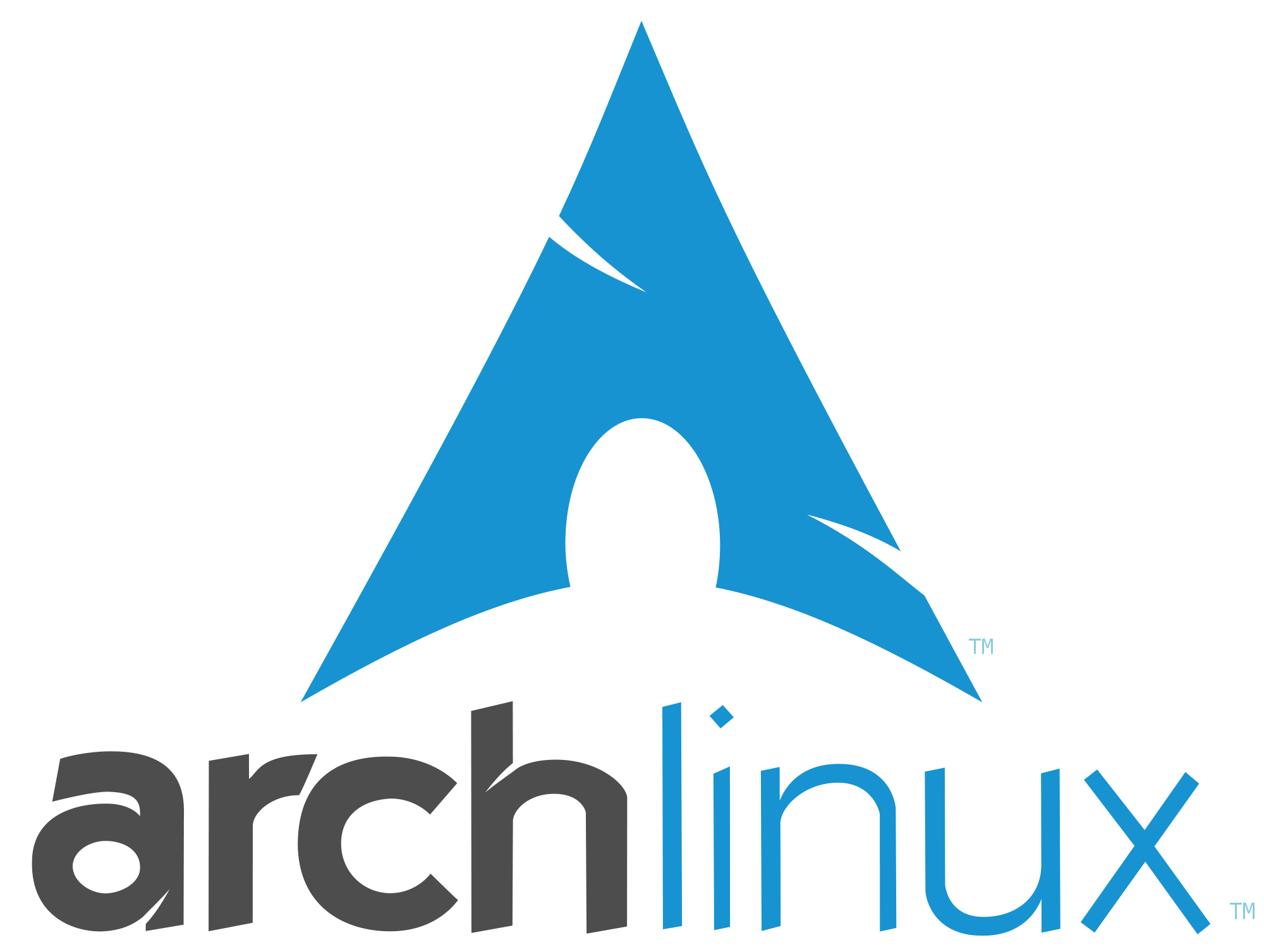
Arch Linux
Arch Linux is a lightweight and flexible Linux distribution. It follows a rolling-release model, providing the latest software updates continuously. Arch Linux uses the Pacman package manager for software installation and updates. This distribution emphasizes simplicity and minimalism in its design. Arch Linux allows users to customize their systems extensively. It provides extensive documentation and a large community for support. Arch Linux is favored by experienced users who prefer to build their systems from the ground up. Overall, Arch Linux offers a powerful and customizable platform for various computing needs.
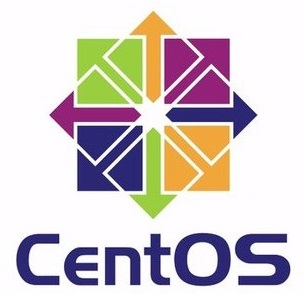
CentOS 8 Stream
CentOS 8 Stream is a rolling-release Linux distribution developed by the CentOS Project. Unlike traditional CentOS releases, CentOS Stream serves as a midstream between the upstream development in Fedora and the downstream implementation in Red Hat Enterprise Linux (RHEL). This unique positioning allows CentOS 8 Stream to receive continuous updates, providing users with a more up-to-date platform compared to standard CentOS releases. CentOS 8 Stream is designed for developers and contributors who need to stay closer to the cutting edge of development, making it an ideal choice for those who want to test and contribute to the future of RHEL.

CentOS 9 Stream
CentOS 9 Stream is a rolling-release Linux distribution developed by the CentOS Project. Positioned as a continuous delivery platform, CentOS Stream acts as a preview of what the next minor release of Red Hat Enterprise Linux (RHEL) will look like. This means it sits between Fedora, which includes the latest innovations in Linux, and RHEL, which emphasizes stability and long-term support. CentOS 9 Stream offers frequent updates and allows users and developers to contribute to the RHEL ecosystem by testing and providing feedback on upcoming features and changes. This distribution is particularly suited for those who want to stay current with the latest developments and contribute to the evolution of RHEL.
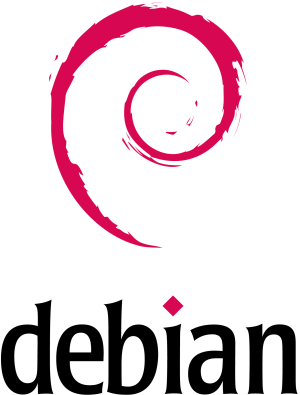
Debian 10
Debian 10, codenamed “Buster,” is a free and open-source Linux distribution developed by the Debian Project. It is known for its stability, reliability, and extensive software repository. Debian 10 includes a wide range of updated software packages and security features. This release supports a variety of hardware architectures, making it versatile for different use cases. Debian 10 is commonly used for both servers and desktop environments, providing a robust platform for various applications. It is also the basis for many other popular Linux distributions, such as Ubuntu. With a focus on open-source principles, Debian 10 ensures a high level of transparency and community involvement in its development.

Debian 11
Debian 11, codenamed “Bullseye,” is a free and open-source Linux distribution developed by the Debian Project. It continues Debian’s tradition of stability, reliability, and extensive software repositories. Debian 11 features updated software packages and enhanced security measures. It supports a wide range of hardware architectures, providing versatility for various applications. This release is suitable for both server and desktop environments, offering a dependable platform for numerous use cases. Debian 11 also serves as the foundation for many other Linux distributions, such as Ubuntu. The distribution emphasizes open-source principles, ensuring transparency and active community participation in its development.

Debian 12
Debian 12, codenamed “Bookworm,” is a free and open-source Linux distribution maintained by the Debian Project. It builds upon Debian’s legacy of stability, reliability, and extensive software repositories. Debian 12 introduces updated software packages and robust security enhancements. It supports a broad array of hardware architectures, catering to diverse computing needs. Debian 12 is suitable for both server environments and desktop use, offering a dependable platform for various applications. As with previous releases, Debian 12 serves as the basis for many derivative distributions, including popular ones like Ubuntu. The Debian community upholds strong principles of free software and collaborative development, ensuring transparency and inclusivity in its processes.
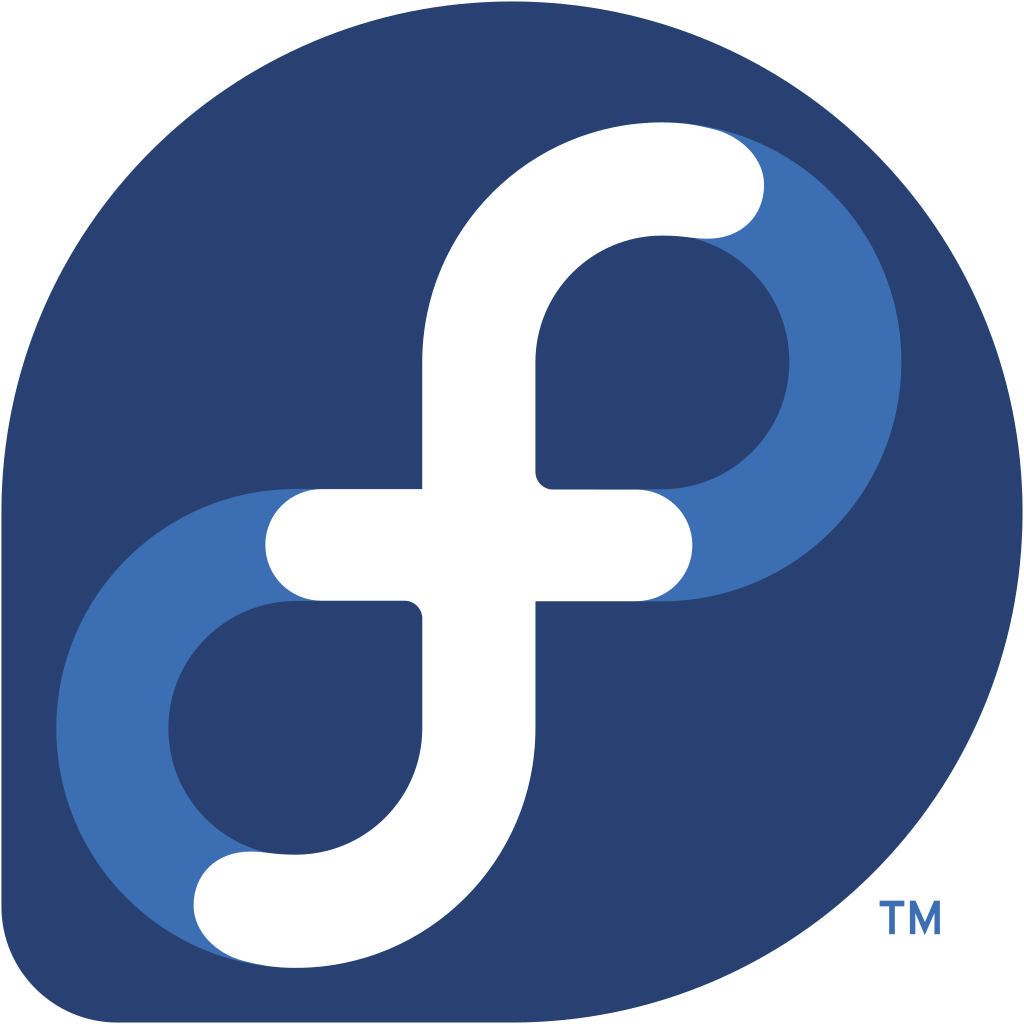
Fedora Server 38
Fedora Server 38 is a Linux distribution developed by the Fedora Project. It is designed for servers and provides a stable and reliable platform. Fedora Server 38 includes the latest open-source technologies and software packages. This release offers enhanced security features and performance optimizations. Fedora Server 38 supports a wide range of server applications and workloads. It includes tools for system administration and server management. Fedora Server 38 benefits from the Fedora community’s active development and support. Overall, Fedora Server 38 is suitable for modern server deployments, offering flexibility and robustness.

Fedora Server 39
Fedora Server 39 is the latest release from the Fedora Project, tailored for server environments. It incorporates cutting-edge open-source technologies and software packages. Fedora Server 39 enhances security measures and optimizes performance for server workloads. This release supports a diverse range of server applications and use cases. It includes comprehensive tools for system administration and server management. Fedora Server 39 benefits from the active community-driven development of the Fedora Project. Overall, Fedora Server 39 provides a robust platform for modern server deployments, emphasizing flexibility and innovation.

Fedora Workstation 38
Fedora Workstation 38 is a Linux distribution tailored for desktop and developer use. It features the latest open-source technologies and software packages. Fedora Workstation 38 enhances usability and performance for everyday computing tasks. This release includes GNOME as the default desktop environment, providing a modern and intuitive user experience. Fedora Workstation 38 supports a wide range of development tools and programming languages. It benefits from the Fedora community’s active development and support. Overall, Fedora Workstation 38 offers a stable and cutting-edge platform for desktop users and developers alike.

Fedora Workstation 39
Fedora Workstation 39 is the latest release from the Fedora Project, focusing on desktop and developer environments. It includes updated open-source technologies and software packages. Fedora Workstation 39 improves usability, performance, and stability for everyday computing tasks. This release features GNOME as the default desktop environment, offering a modern and intuitive user experience. Fedora Workstation 39 supports a wide range of development tools and programming languages. It benefits from the active community-driven development of the Fedora Project. Overall, Fedora Workstation 39 provides a powerful and user-friendly platform for desktop users and developers.
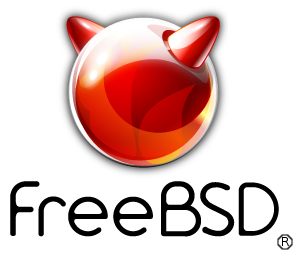
FreeBSD 13
FreeBSD 13 is a Unix-like operating system descended from Research Unix via the Berkeley Software Distribution (BSD). It is known for its advanced networking, security features, and scalability. FreeBSD 13 provides a stable and reliable platform for servers and workstations. This release includes a variety of software packages and utilities. It offers a Ports Collection for easy installation and management of third-party software. FreeBSD 13 is actively maintained by a community of developers and volunteers. Overall, FreeBSD 13 is valued for its performance, stability, and extensive documentation.

FreeBSD 14
FreeBSD 14 is a Unix-like operating system descended from Research Unix via the Berkeley Software Distribution (BSD). It is known for its advanced networking, security features, and scalability. FreeBSD 14 provides a stable and reliable platform for servers and workstations. This release includes a variety of software packages and utilities. It offers a Ports Collection for easy installation and management of third-party software. FreeBSD 14 is actively maintained by a community of developers and volunteers. Overall, FreeBSD 14 is valued for its performance, stability, and extensive documentation.
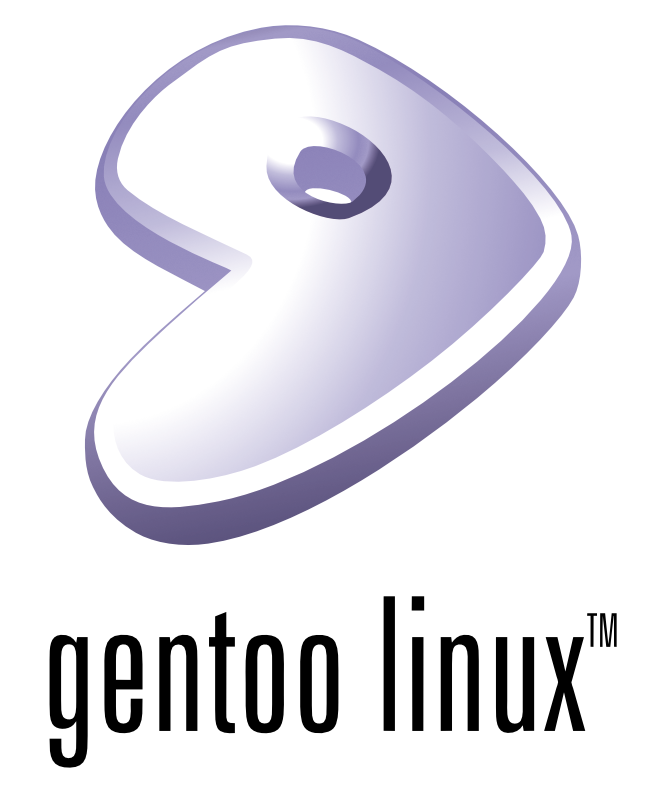
Gentoo Linux
Gentoo Linux is a versatile and customizable Linux distribution. It follows a rolling-release model, offering the latest software updates continuously. Gentoo Linux allows users to compile software from source code to optimize performance. This distribution provides extensive documentation and a wide range of configuration options. Gentoo Linux uses Portage as its package management system, focusing on flexibility and customization. It is designed for experienced users who prefer fine-grained control over their system. Gentoo Linux supports multiple architectures and is highly customizable to suit different needs. Overall, Gentoo Linux is valued for its performance, flexibility, and robust community support.

Kali Linux
Kali Linux is a Debian-based Linux distribution. It is designed for digital forensics and penetration testing. Kali Linux includes a comprehensive collection of security tools and utilities. This distribution is maintained by Offensive Security. It provides extensive documentation and community support. Kali Linux is used by security professionals, ethical hackers, and researchers. Overall, Kali Linux is renowned for its specialized tools and focus on security.
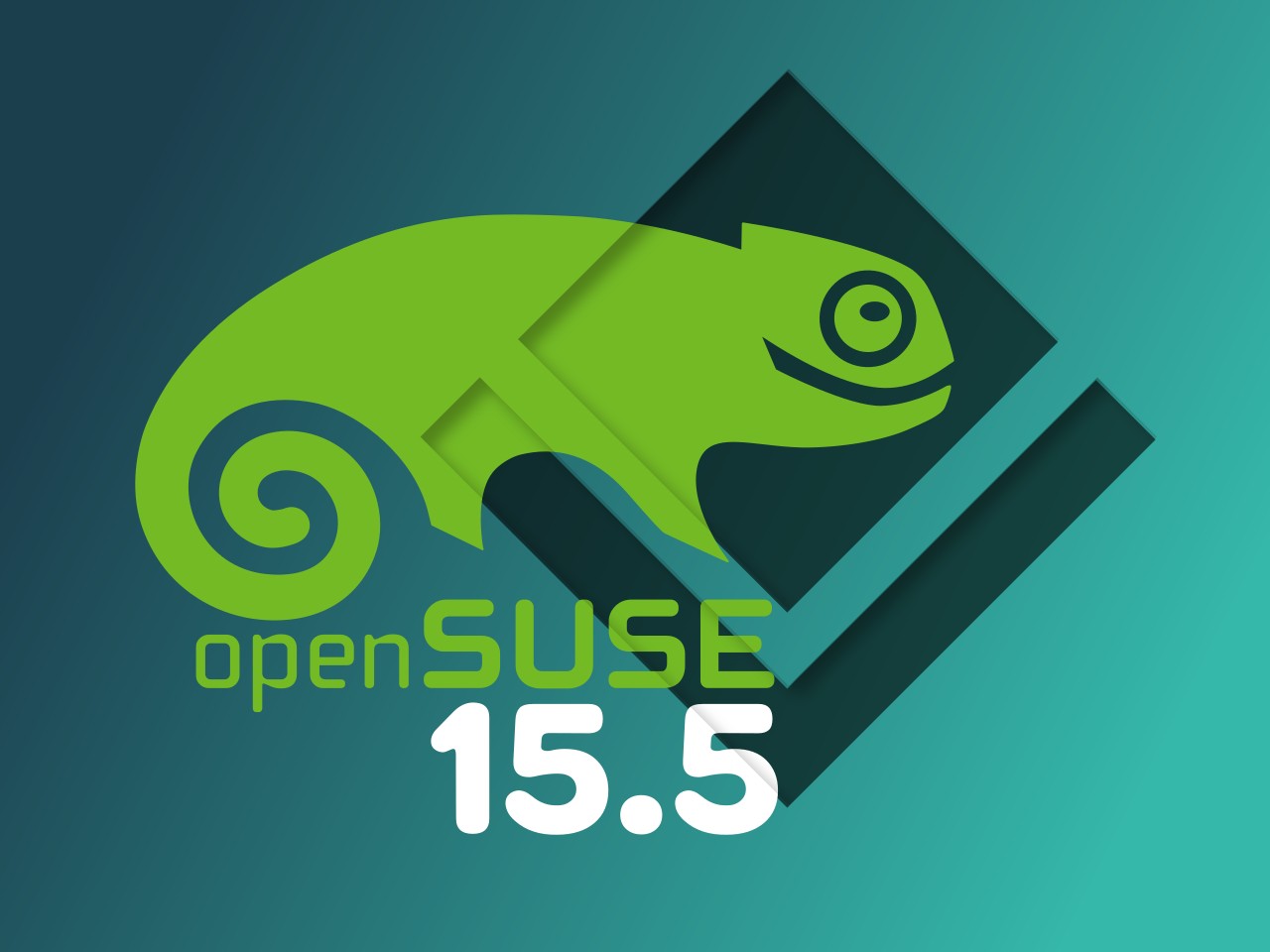
openSUSE Leap 15.5
openSUSE Leap is a free and open-source Linux distribution. It is developed by the openSUSE Project. openSUSE Leap is designed for stability and reliability. This distribution is based on SUSE Linux Enterprise (SLE) sources. openSUSE Leap provides long-term support and regular updates. It includes a wide range of software packages and desktop environments. openSUSE Leap uses the YaST control center for system configuration and management. openSUSE Leap benefits from an active community and extensive documentation. Overall, openSUSE Leap is suitable for both desktop and server environments.
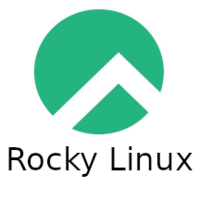
Rocky Linux 8
Rocky Linux 8 is a community-driven, enterprise-grade Linux distribution designed to be a seamless replacement for CentOS 8. It aims to provide a stable and reliable platform for production environments. Rocky Linux 8 is built from the same source code as CentOS, ensuring compatibility with CentOS and other RHEL-based distributions. It emphasizes security, performance, and long-term support, making it suitable for servers and workstations. As an open-source project, Rocky Linux 8 encourages community involvement and contributions. It is managed by the Rocky Enterprise Software Foundation (RESF), ensuring governance and sustainability. Rocky Linux 8 continues the tradition of CentOS’s legacy and commitment to providing a free and robust Linux distribution.

Rocky Linux 9
Rocky Linux 9 is a community-driven Linux distribution developed as a successor to CentOS 9. It aims to provide a stable, free, and open-source platform suitable for enterprise environments. Built from the source code of Red Hat Enterprise Linux (RHEL), Rocky Linux 9 ensures compatibility with RHEL-based systems. This distribution prioritizes security, reliability, and performance, making it ideal for server deployments. Rocky Linux 9 encourages community participation and contributions to its development and improvement. Managed by the Rocky Enterprise Software Foundation (RESF), it adheres to open-source principles and transparent governance. Rocky Linux 9 continues the tradition of CentOS’s reliability and long-term support, catering to diverse computing needs.
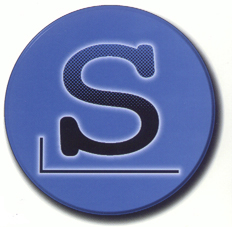
Slackware 15
Slackware is one of the oldest Linux distributions still in active development. It emphasizes simplicity, stability, and a minimalistic approach. Slackware uses plain text files for configuration and does not include graphical configuration tools by default. It provides a basic installation that allows users to build a customized system. Slackware includes a comprehensive collection of software packages. Slackware uses the tarball package format and the pkgtool package management system. It is designed for advanced users who prefer a hands-on approach to system administration. Overall, Slackware is known for its adherence to Unix-like principles and its robustness.

Ubuntu Desktop 22.04
Ubuntu Desktop 22.04 is a long-term support (LTS) release of the popular Ubuntu Linux distribution. It is designed for desktop environments, offering a user-friendly experience. Ubuntu Desktop 22.04 includes the latest software updates and security features. This release features the GNOME desktop environment as its default interface. GNOME is modified for Ubuntu. It supports a wide range of hardware, ensuring compatibility and ease of use. Ubuntu Desktop 22.04 provides extensive software repositories for various applications. It includes tools and utilities for productivity, development, and entertainment. Ubuntu Desktop 22.04 benefits from regular updates and a large community of users and contributors. Overall, Ubuntu Desktop 22.04 offers a stable, secure, and modern desktop operating system.

Ubuntu Desktop 23.10
Ubuntu Desktop 23.10 is a non-LTS release of the Ubuntu Linux distribution. It is designed to provide a cutting-edge desktop experience with the latest features. This release includes updated software packages and security enhancements. Ubuntu Desktop 23.10 features the GNOME desktop environment as its default interface. Gnome is modified for Ubuntu. It supports a wide range of hardware, ensuring broad compatibility. Ubuntu Desktop 23.10 offers extensive software repositories for various applications. It includes tools and utilities for productivity, development, and entertainment. Ubuntu Desktop 23.10 benefits from a large community of users and regular updates. Overall, Ubuntu Desktop 23.10 provides a modern, secure, and user-friendly desktop operating system.

Ubuntu Desktop 24.04
Ubuntu Desktop 24.04 is the latest long-term support (LTS) release of the Ubuntu Linux distribution. It is designed to offer a user-friendly and stable desktop experience. This release includes the latest software updates and enhanced security features. Ubuntu Desktop 24.04 features the GNOME desktop environment as its default interface. Gnome is modified for Ubuntu. It supports a wide range of hardware, ensuring broad compatibility. Ubuntu Desktop 24.04 provides extensive software repositories for various applications. It includes tools and utilities for productivity, development, and entertainment. Ubuntu Desktop 24.04 benefits from a large community of users and regular updates. Overall, Ubuntu Desktop 24.04 offers a modern, secure, and reliable desktop operating system.

Ubuntu Server 20.04
Ubuntu Server 20.04 LTS is a long-term support release of the popular Ubuntu Linux distribution. It is optimized for server environments, offering robust performance and stability. Ubuntu Server 20.04 LTS includes the latest software packages and security updates. This release supports a wide range of hardware architectures, from small embedded systems to large enterprise servers. It provides tools and utilities for easy deployment and management of servers and applications. Ubuntu Server 20.04 LTS is widely used in data centers and cloud environments due to its scalability and reliability. As part of the Ubuntu family, it benefits from extensive community support and regular updates.

Ubuntu server 22.04
Ubuntu Server 22.04 is the previous long-term support (LTS) release of the Ubuntu Linux distribution. It is designed for server environments, offering stability, security, and performance optimizations. Ubuntu Server 22.04 LTS includes updated software packages and enhanced features for server management and deployment. This release supports a variety of hardware architectures, making it versatile for different server configurations. It is equipped with tools and utilities for efficient server administration and application hosting. Ubuntu Server 22.04 LTS is well-suited for both on-premises and cloud-based deployments. As part of the Ubuntu ecosystem, it benefits from a large community of users and contributors, ensuring ongoing support and development.

Ubuntu Server 23.10
Ubuntu Server 23.10 is a non-LTS release of the Ubuntu Linux distribution. It is designed for server environments, providing the latest features and updates. This release includes the most recent software packages and security enhancements. Ubuntu Server 23.10 supports a wide range of server hardware and architectures. It offers tools and utilities for efficient server management and administration. Ubuntu Server 23.10 is suitable for various server workloads, including web hosting, databases, and cloud deployments. It benefits from a large community of users and regular updates. Overall, Ubuntu Server 23.10 provides a modern, secure, and flexible server operating system.

Ubuntu Server 24.04
Ubuntu Server 24.04 is the latest long-term support (LTS) release of the Ubuntu Linux distribution. It is designed for server environments, offering stability, security, and performance optimizations. Ubuntu Server 24.04 LTS includes updated software packages and enhanced features for server management and deployment. This release supports a variety of hardware architectures, making it versatile for different server configurations. It is equipped with tools and utilities for efficient server administration and application hosting. Ubuntu Server 24.04 LTS is well-suited for both on-premises and cloud-based deployments. As part of the Ubuntu ecosystem, it benefits from a large community of users and contributors, ensuring ongoing support and development.
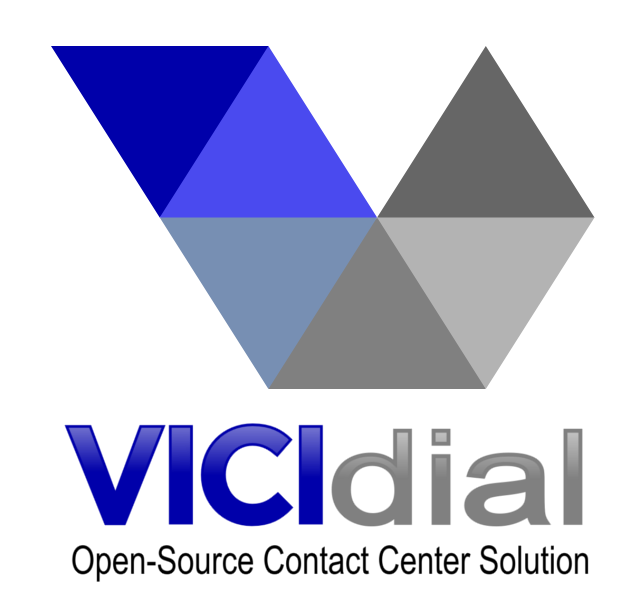
ViciBox 11
ViciBox is a Linux distribution specifically designed for installing the VICIdial call center suite. It provides a streamlined and optimized environment for call center operations. ViciBox includes all necessary components and dependencies for running VICIdial. It supports various telephony hardware and VoIP configurations. ViciBox offers tools for managing and maintaining call center infrastructure. It is designed to be easy to install and configure, even for users with limited Linux experience. ViciBox benefits from the active VICIdial community and regular updates. Overall, ViciBox provides a reliable and efficient platform for call center management and operations.
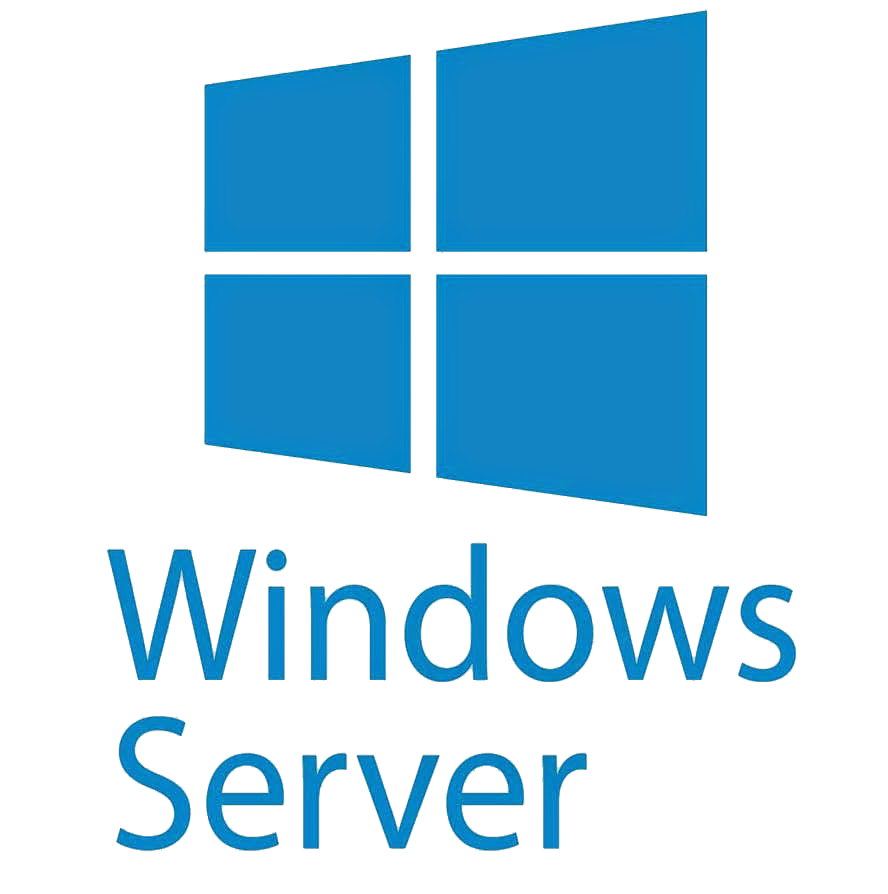
Windows Server 2016 (Standard & Datacenter)
This Manual Installed Windows Server 2016 option, includes both the Standard and Datacenter editions. Windows Server 2016 is a comprehensive server platform designed for business and enterprise environments. Windows Server 2016 offers advanced security features and performance enhancements. The Standard edition is suitable for smaller deployments. The Datacenter edition offers unlimited virtualization rights, ideal for highly virtualized and cloud environments. Both editions include features such as Windows Containers and enhanced networking capabilities. Overall, Windows Server 2016 provides a robust, secure, and flexible server operating system for various organizational requirements.

Windows Server 2019 (Standard & Datacenter)
This Manual Installed Windows Server 2019 option, includes both the Standard and Datacenter editions. Windows Server 2019 is a comprehensive server platform designed for business and enterprise environments. Windows Server 2019 offers advanced security features and performance enhancements. The Standard edition is suitable for smaller deployments. The Datacenter edition offers unlimited virtualization rights, ideal for highly virtualized and cloud environments. Both editions include features such as Windows Containers and enhanced networking capabilities. Overall, Windows Server 2019 provides a robust, secure, and flexible server operating system for various organizational requirements.

Windows Server 2022 (Standard & Datacenter)
This Manual Installed Windows Server 2022 option, includes both the Standard and Datacenter editions. Windows Server 2022 is a comprehensive server platform designed for business and enterprise environments. Windows Server 2022 offers advanced security features, improved hybrid integration, and enhanced Windows Defender ATP capabilities. The Standard edition is suitable for smaller deployments. The Datacenter edition offers unlimited virtualization rights, ideal for highly virtualized and cloud environments. Both editions include features such as Windows Containers and enhanced networking capabilities. Overall, Windows Server 2022 provides a robust, secure, and flexible server operating system for various organizational requirements.

Turnkey – Domain Controller
TurnKey Domain Controller is an easy to use appliance based on Debian GNU/Linux. It provides a straightforward solution for setting up and managing a domain controller. TurnKey Domain Controller supports Active Directory functionality for user authentication and management. It includes Samba as the core component for Windows-compatible file and printer sharing. This appliance is designed to be easy to deploy, requiring minimal configuration. TurnKey Domain Controller offers web-based administration tools for managing users. It is suitable for small to medium-sized businesses or organizations needing centralized user management. Overall, TurnKey Domain Controller simplifies the setup and maintenance of a domain controller environment.

Turnkey – Drupal
TurnKey Drupal is a pre-configured virtual appliance based on Debian GNU/Linux. It provides an easy to use solution for deploying and managing Drupal websites. TurnKey Drupal includes Drupal core and essential modules. This appliance simplifies the installation process, requiring minimal setup. TurnKey Drupal is designed for developers and administrators looking to quickly deploy Drupal sites. It offers web-based management tools for easy site administration and configuration. TurnKey Drupal supports customization and integration with third-party services and modules. Overall, TurnKey Drupal accelerates the deployment of Drupal-based websites with its pre-configured environment.

Turnkey – LAMP
TurnKey LAMP is an easy to use virtual appliance based on Debian GNU/Linux. It provides a pre-configured environment for deploying web applications using the LAMP stack. TurnKey LAMP includes: a) Linux: Debian GNU/Linux operating system. b) Apache: Apache HTTP Server for serving web content. c) MySQL/MariaDB: Database management system for storing and retrieving data. d) PHP: Programming language for server-side scripting. This appliance simplifies the setup of a LAMP server by requiring minimal setup. With this way, it reduces installation and configuration time. TurnKey LAMP is suitable for developers and administrators needing a quick and reliable LAMP stack setup. It includes web-based administration tools for managing Apache, MySQL/MariaDB, and PHP settings. Overall, TurnKey LAMP accelerates the deployment of web applications with its pre-configured LAMP environment.

Turnkey – Lighthttpd
TurnKey Lighttpd is an easy to use virtual appliance based on Debian GNU/Linux. It provides a pre-configured environment for deploying web applications using the Lighttpd web server. Lighttpd, also known as Lighty, is known for its speed and efficiency in serving static and dynamic content. This appliance simplifies the setup of a Lighttpd server by requiring minimal setup. With this way, it reduces installation and configuration time. TurnKey Lighttpd is suitable for developers and administrators needing a lightweight and fast web server solution. It includes web-based administration tools for managing Lighttpd settings and configurations. Overall, TurnKey Lighttpd accelerates the deployment of web applications with its pre-configured Lighttpd environment.

Turnkey – nginx_php_fastcgi
TurnKey Nginx with PHP FastCGI is an easy to use virtual appliance based on Debian GNU/Linux. It provides a pre-configured environment for deploying web applications using Nginx as the web server and PHP FastCGI for dynamic content. Nginx is known for its high performance, stability, and low resource consumption. PHP FastCGI allows PHP scripts to be executed efficiently and securely within the Nginx server environment. This appliance simplifies the setup of a Nginx and PHP FastCGI stack by requiring minimal setup. With this way, it reduces installation and configuration time. TurnKey Nginx with PHP FastCGI is suitable for developers and administrators needing a scalable and efficient web server solution. It includes web-based administration tools for managing Nginx and PHP FastCGI settings and configurations. Overall, TurnKey Nginx with PHP FastCGI accelerates the deployment of web applications with its pre-configured environment optimized for performance and scalability.

Turnkey – OpenLDAP
TurnKey OpenLDAP is an easy to use virtual appliance based on Debian GNU/Linux. It provides a pre-configured environment for deploying and managing OpenLDAP servers. OpenLDAP is an open-source implementation of the Lightweight Directory Access Protocol (LDAP). This appliance simplifies the setup of an LDAP directory service by requiring minimal setup. With this way, it reduces installation and configuration time. TurnKey OpenLDAP is suitable for organizations needing centralized authentication and directory services. It includes web-based administration tools for managing LDAP entries, schemas, and access controls. TurnKey OpenLDAP supports integration with various applications and services requiring LDAP authentication. Overall, TurnKey OpenLDAP accelerates the deployment of LDAP directory services with its pre-configured environment.

Turnkey – OpenVPN
TurnKey OpenVPN is an easy to use virtual appliance based on Debian GNU/Linux. It provides a pre-configured environment for deploying and managing OpenVPN servers. OpenVPN is an open-source VPN (Virtual Private Network) software solution. This appliance simplifies the setup of a secure VPN tunnel by requiring minimal setup. With this way, it reduces installation and configuration time. TurnKey OpenVPN is suitable for organizations needing secure remote access to their network resources. It includes command-line tools and scripts for managing VPN users, certificates, and server configurations. TurnKey OpenVPN supports various authentication methods and encryption standards for enhanced security. Overall, TurnKey OpenVPN accelerates the deployment of VPN solutions with its pre-configured environment, focusing on secure remote connectivity through command-line management.

Turnkey - WordPress
TurnKey WordPress is an easy to use virtual appliance based on Debian GNU/Linux. It provides a pre-configured environment for deploying and managing WordPress websites. WordPress is a popular open-source content management system (CMS) known for its flexibility and ease of use. This appliance simplifies the setup of a WordPress site by requiring minimal setup. With this way, it reduces installation and configuration time. TurnKey WordPress is suitable for developers, bloggers, and businesses looking to quickly launch a website. It includes web-based administration tools for managing WordPress settings, themes, and plugins. TurnKey WordPress supports customization through a wide range of themes and plugins available in the WordPress ecosystem. Overall, TurnKey WordPress accelerates the deployment of WordPress websites with its pre-configured environment optimized for ease of use and customization.
